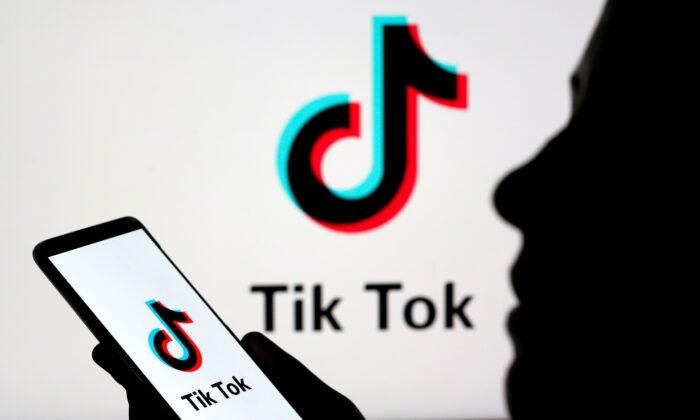Hong Kong Leader Addresses UN Human Rights Council as Criticism Mounts Over Beijing’s Security Law
NEW DELHI鈥擨ndia on June 29 banned 59, mostly Chinese, mobile apps including Bytedance’s TikTok and Tencent’s WeChat in its strongest move yet targeting China in the online space since a border crisis erupted between the two countries in June.
India’s technology ministry issued an order stating the apps are “prejudicial to sovereignty and integrity of India, defense of India, security of state and public order.”
Following the order, Google and Apple will have to remove these apps from the Android and iOS stores.
The move comes after a deadly border clash between the two nuclear-armed neighbors in a disputed Himalayan region earlier in June that resulted in the death of 20 Indian soldiers.
The ban is expected to be a big stumbling block for Chinese firms such as Bytedance in India, which have placed big bets in what is one of the world’s biggest web services markets.
 Indian congress party supporters leave Chinese goods on a flag displaying the country of China, along with an inscription reading ‘Boycott Made in China,’ during an anti-China demonstration in Kolkata, India, on June 18, 2020. (Dibyangshu Sarkar/AFP via Getty Images)
Indian congress party supporters leave Chinese goods on a flag displaying the country of China, along with an inscription reading ‘Boycott Made in China,’ during an anti-China demonstration in Kolkata, India, on June 18, 2020. (Dibyangshu Sarkar/AFP via Getty Images)Beijing-headquartered Bytedance had plans to invest $1 billion in India, open a local data center, and had recently ramped up hiring in the country.
India is the biggest driver of TikTok app installations, accounting for 611 million lifetime downloads, or 30.3 percent of the total, app analytics firm Sensor Tower stated in April.
 Protesters shout slogans as they hold posters of Chinese leader Xi Jinping during an anti-China demonstration near the Chinese embassy in New Delhi, India, on June 18, 2020. (Sajjad Hussain/AFP via Getty Images)
Protesters shout slogans as they hold posters of Chinese leader Xi Jinping during an anti-China demonstration near the Chinese embassy in New Delhi, India, on June 18, 2020. (Sajjad Hussain/AFP via Getty Images)Among other apps that have been banned are Tencent’s WeChat, which has been downloaded more than 100 million times on Google’s Android, Alibaba’s UC Browser, and two of Xiaomi’s apps.
Google said it was still waiting for government orders, while Apple didn’t respond to a request for comment. Bytedance didn’t immediately respond to a request for comment.
“This is the quickest and most powerful step the government could have taken to put economic pressure on Chinese companies,” said Santosh Pai, a partner at Indian law firm Link Legal, which advises several Chinese companies.
Anti-China sentiment has long simmered in India over accusations of cheap imports flooding the country, but the border clash has brought tensions to the fore with calls being made to boycott Chinese products.
Indian customs at ports have since last week held back containers coming from China, including Apple, Cisco, and Dell products, Reuters reported previously.
By Sankalp Phartiyal & Aditya Kalra
Focus News: India Bans 59 Mostly Chinese Apps Amid Border Crisis
Hong Kong Protests Continue Despite Beijing Passing National Security Law
